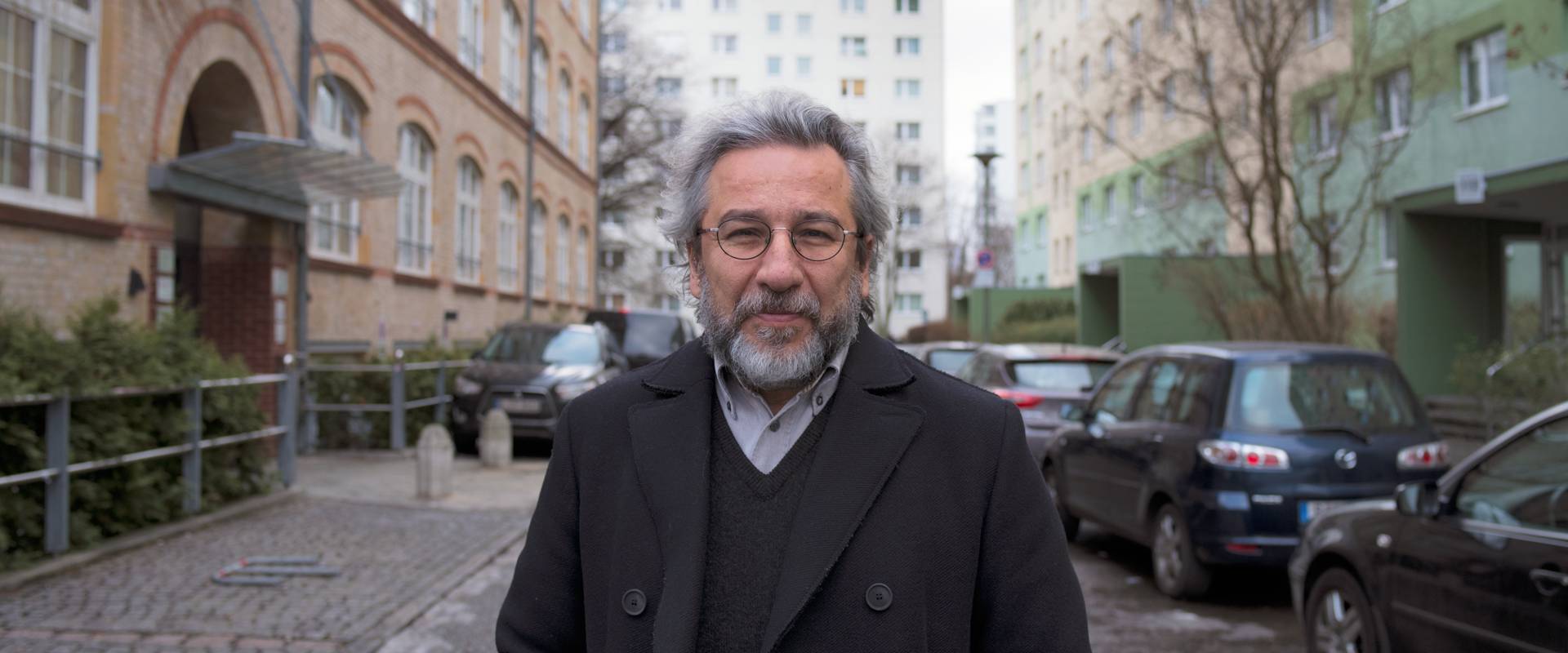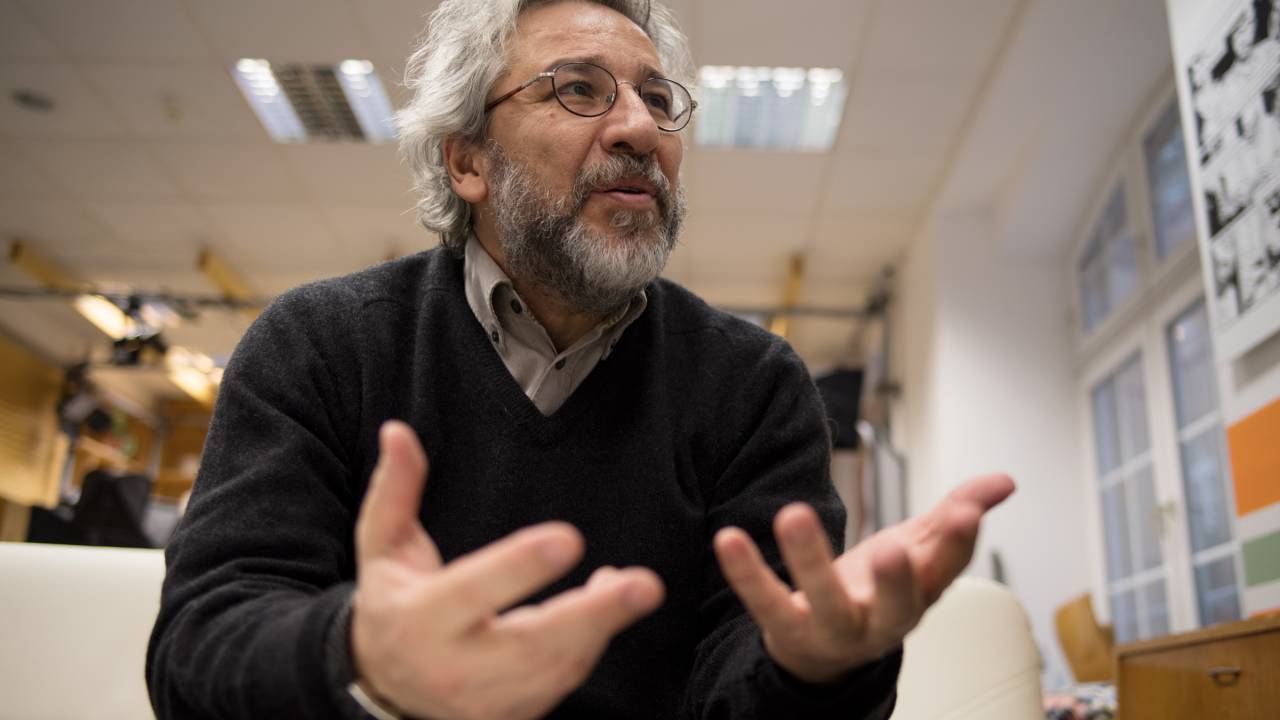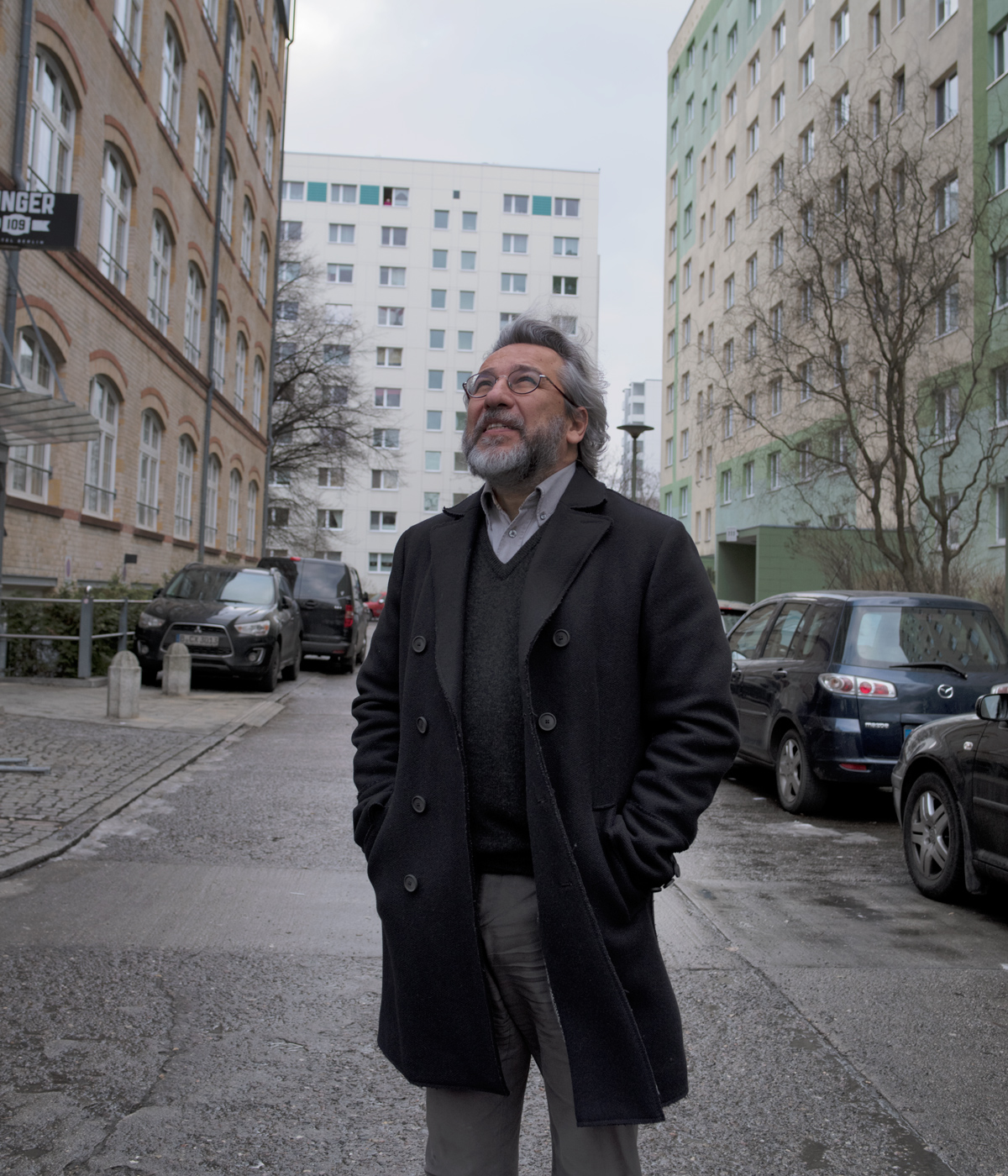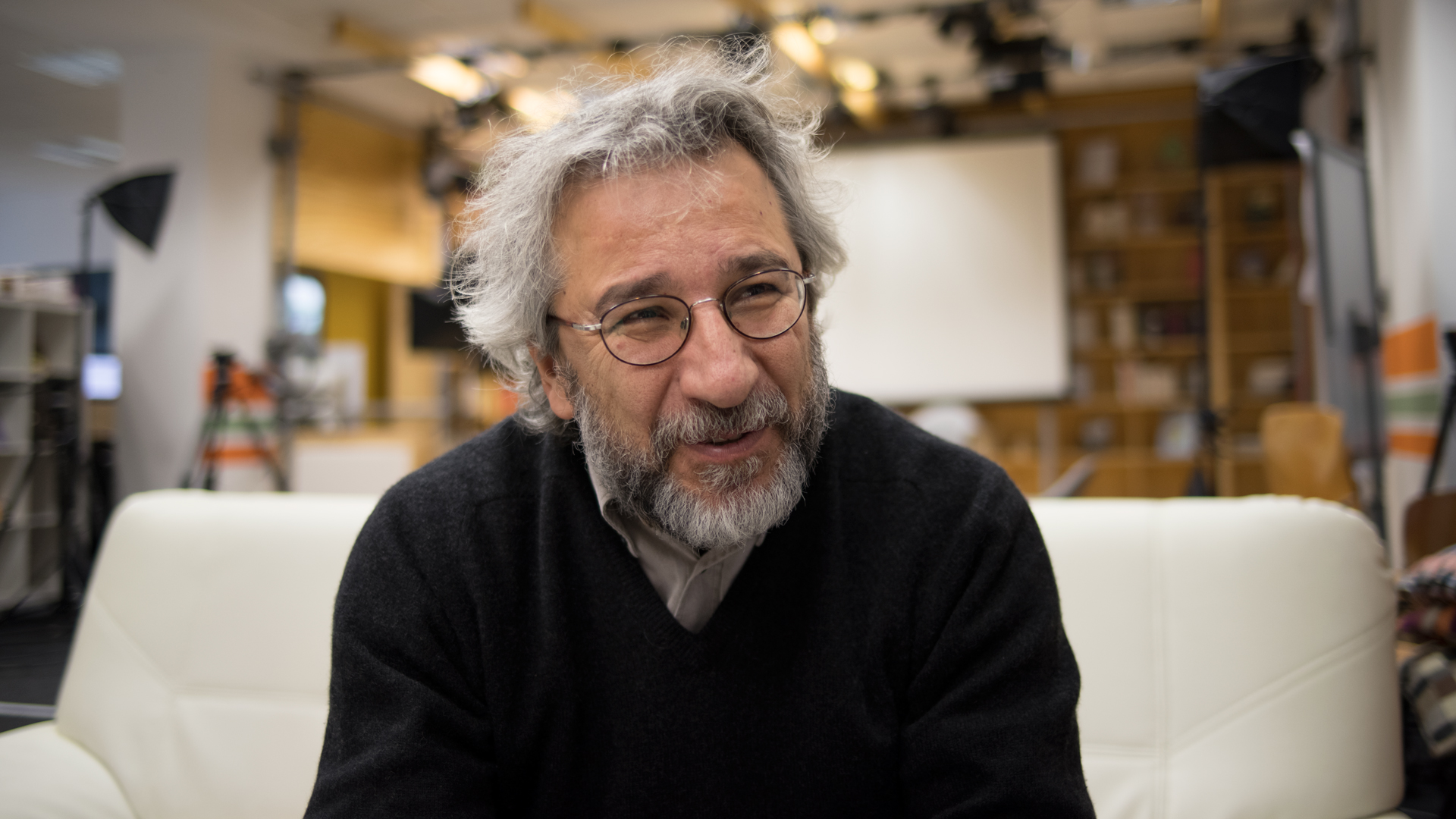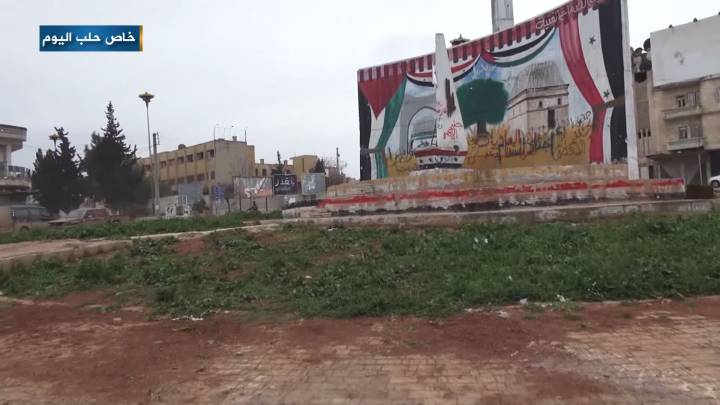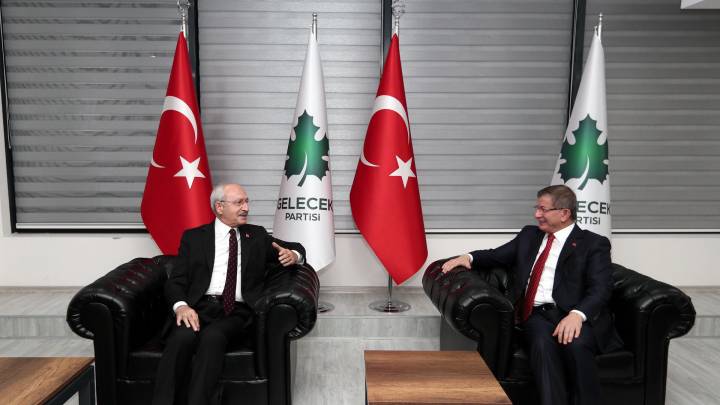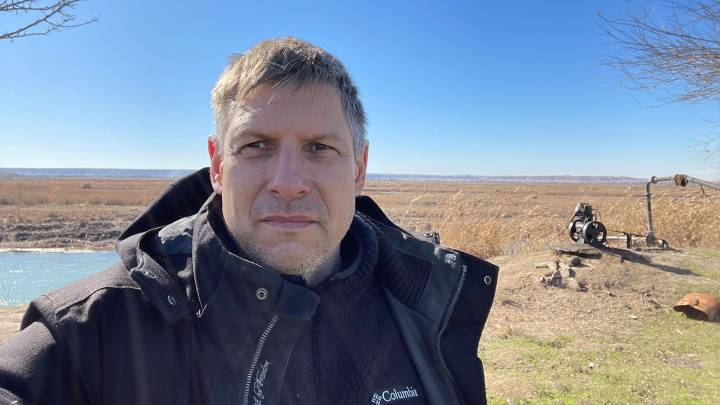Can Dündar is best known as the journalist who stood up to Turkey’s President Erdoğan. After imprisonment, a work ban and an assassination attempt, he had to leave Turkey. Exile in Berlin has opened up new opportunities.
zenith: Do you consider yourself a political activist or a journalist?
Can Dündar: These days, it is necessary that I am more of an activist. Circumstances and Erdoğan himself has forced me to become one. We are in a position to defend our country, our freedom, our profession, our papers, or families, our lives and lifestyles. So that’s why we are more activists than journalists.
I am not surprised by the attitude of Turkish people here in Germany. But I am really surprised by the behaviour of the German government.In foreign media, especially in Germany, you have become a symbolic figure for Turkish resistance and journalist in exile. Are you comfortable with this?
It is a blessing and a curse: It is good, because I can express the feelings of my Turkish colleagues and be a spokesman. I can use this attention to give voice to the unheard stories, to explain us and express our critics on Erdoğan, Turkey and the world. On the other hand, it is bad because I just want to be a journalist and being a symbol for something is dangerous for a journalist. I don't want to be a symbol. My new role puts me on the other side and at the moment you are interviewing me, that is a strange position. A journalist should not be in front of the camera.
After all what has happened to you, did you doubt or considered to change your profession?
I never thought of that, I do value and love my profession too much for that. It is very dangerous to be a journalist in Turkey nowadays, but it is also the best moment to be a journalist. More than ever we do need this profession and fighting for real journalism has become an obligation, a mission.
How has the press freedom been curtailed under Erdoğan?
Turkey has never been a paradise for journalists. But under Erdoğan it became a hell. He is a leader who does not like even a word of criticism. He understands every criticism as an insult of him as a person, so he tries to oppress that. Journalists are spending more time in courtrooms than in newsrooms.
How did the state interfere with your work at Cumhuriyet?
It uses different mechanisms: Putting us in jail for instance, or sending someone to kill us. Do you need more evidence? We got sued and threatened that we would have to pay a high price for our news. We did. Also there have been financial cuts: The state is obliged to give official advertising to all newspapers. But now the government decided, that if there is an investigation against the paper they do not deliver advertisements to the paper anymore.
And how does this pressure affect your work?
Our papers are used to those threats and economic pressure. Cumhuriyet has never been a rich paper. But people are ready to work under any circumstances. That is why it is very hard to stop Cumhuriyet by using this kind of pressures. Even our caricaturist and our tea boy at Cumhuriyet are under arrest now. The tea boy said that if Erdoğan comes to the office, he would not serve him a tea – because of that, he was arrested.
Unfortunately, Europe is becoming a Christian club, closing the doors for the Muslim world. Now you are living as a journalist in exile: what is next?
Together with others, we decided to work from Berlin. Quality news in Turkey is very rare, so we want to provide news from here. Together with [investigative journalism platform] correctiv, we released Özgürüz, a website and Web television platform that provides critical news on Turkey. The Turkish government blocked it days after the release. I was expecting that, it is a tag of war that we will win in the end. We know ways to bypass the censorship. For Özgürüz, we work together with journalists in Turkey and with some, who had to leave the country. There are a few platforms arising now from inside Germany to report on Turkish issues. The need is obviously there.
How can you guarantee the quality of information you receive from Turkey?
We are experienced journalists and we have many sources in Turkey. But there is a huge cloud of fear in the country and it is also tricky to reach people in Turkey. Of course they know us and hopefully they will pay attention to what we are saying. Our project is crucial because no one really knows what is going on in Turkey and that is dangerous because an important referendum is on its way. If people do not get informed, they cannot make the right decision. We need to warn people about the consequences of such a referendum. Then we can stop it. Otherwise, it will be a very difficult future for Turkey. If we let Erdoğan do as he pleases, it will be a dictatorship.
Is there such thing as a community of journalists in exile?
Especially in Berlin there is a big community: Syrians, Italians, Greeks, Armenians, Kurds and so many others. For all of us being here means to breathe freedom and do journalism in a free climate. We all have our stories and so we have to be careful that our personal stories and cases do not affect our work. For example, we are all targets of our governments. Despite that, we should still be objective writing about the government. As you can imagine, that is not very easy. We have feelings and we have families there. My family is still in Turkey, not allowed to leave the country.
What about your personal freedom in Berlin, are afraid of walking around?
Erdoğan is pushing for a more lynching campaign against us journalists, so it is difficult everywhere. In Turkey, it was more or less the same for me; there are no big differences when it comes to the atmosphere for or against me in Istanbul or Berlin. Since fanaticism is omnipresent, there are some dangers and threats and insults here and of course I experience such things, which is unfortunately normal nowadays. But we are getting used to that and I do not really care anymore.
Are the structures and hostilities being transferred in the Turkish communities in Germany?
The dividedness of the Turkish people is reflected in Germany and in fact it is double or triple as polarised. In the Diaspora psychology, people feel much more engaged or fanatic about Turkey. It is very difficult to overcome this polarisation nowadays.
Why is Erdoğan still positively seen among the Turkish diaspora in Germany?
For pragmatic reasons: He is giving what the German government has not given them, a sense of identity. Or it is all about money or promises for the future. I am not surprised by the attitude of Turkish people here in Germany. But I am really surprised by the behaviour of the German government.
Why?
What I feel is, that the German government prefers a stable Turkey to a democratic one. I guess Germany could convince Erdoğan to foster a more democratic regime. But unfortunately, German politicians did not use this power for democracy; instead they used the power to convince him to stop the refugees. This decision was wrong.
Have German politics underestimated Erdoğan’s authoritarianism?
Westerners thought that only the Middle East is burning and in Europe, everyone can continue with their lives in a very comfortable way. But it does not work that way. Unfortunately, Europe is becoming a Christian club, closing the doors for the Muslim world. That is a very dangerous attitude. There is a polarisation of the world and Islamophobia and Islamofascism are hand in hand gaining more power everywhere. There will be a period of nationalism coming up and in that context it seems like Erdoğan is rather part of the train than an individual phenomenon. Erdoğan wants to be a sultan. But we don't need a sultan anymore.
Can Dündar is a Turkish journalist and former editor-in-chief of Cumhuriyet newspaper. He was arrested in November 2015 after investigating and publishing footage that implied that the Turkish State Intelligence was sending weapons to Syrian Islamists. He served over 90 days in prison and was released in February 2016. Later that year he was sentenced to nearly six year’s imprisonment for “leaking secret information of the state”, but he moved to live in exile in Germany. In 2016, Dündar was a recipient of the CPJ International Press Freedom Award.
